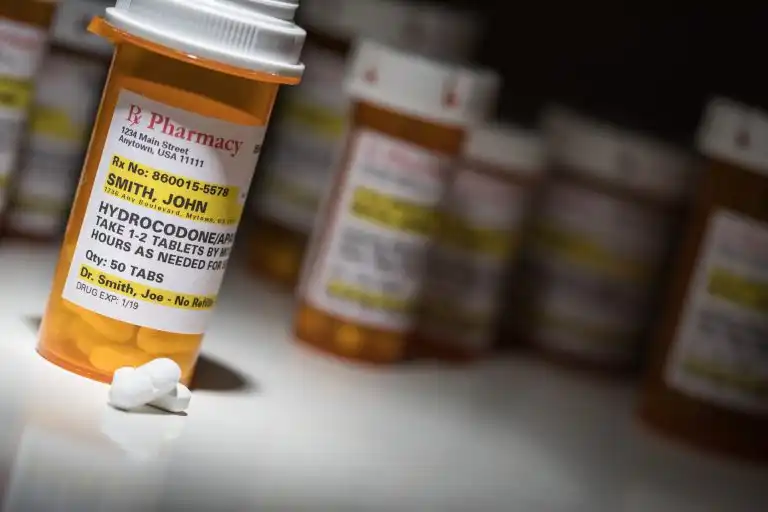What is Hydrocodone?
Hydrocodone is an opioid prescribed for moderate-to-severe pain control in patients with trauma, post-operative patients or patients with cancer. Studies have also shown that certain formulations of hydrocodone are effective to relieve chronic pain. Regardless of what it’s prescribed for, all use of hydrocodone must be closely monitored by a physician since it can be… Read more

Reviewed by The PsychPlus Team
November 30, 2022

Hydrocodone is an opioid prescribed for moderate-to-severe pain control in patients with trauma, post-operative patients or patients with cancer. Studies have also shown that certain formulations of hydrocodone are effective to relieve chronic pain. Regardless of what it’s prescribed for, all use of hydrocodone must be closely monitored by a physician since it can be addictive.
Hydrocodone can be quite effective for the treatment of pain and is therefore commonly prescribed by doctors. But is is also commonly abused by patients. For that reason doctors, patients and their loved ones need to be very careful on dosage and make sure that the drug is not abused in order to reduce changes of reliance and addiction.
Hydrocodone is a strong medication. In fact, it is approximately the same strength as morphine. Some studies suggest that hydrocodone can be as addictive as oxycodone at lower doses. All patients are different and it’s important that they are under the close treatment of a qualified physician who can provide them with personalized titration and monitoring.
Davis’s Drug Guide refers to hydrocodone as a “The High Alert Medication.” Davis goes on to state that the “medication bears a heightened risk of causing significant patient harm when it is used in error.”
While it is the case that the amount of hydrocodone it takes to overdose varies for patients, a recent paper edited by Jonathan Strum and medically reviewed by Benjamin Caleb Williams, RN states that daily doses of 50 mg or more carry an increased risk of an overdose. They also state that doses of 90 mg or more are “considered high risk; most doctors will never prescribe a dose this large, regardless of the situation.” Of course, it’s important to keep in mind that only a qualified physician can determine appropriate dosing.
Whether somebody survives an overdose of any drug is, by its very nature, determined on a case-by-case basis. Emergency steps will usually need to be taken in the case of a hydrocodone overdose, such as using Narcan and calling 911. There are various other treatments that may also be administered in order to save a patient’s life.
Find a mental health care provider near you
Learn about the conditions we treat


